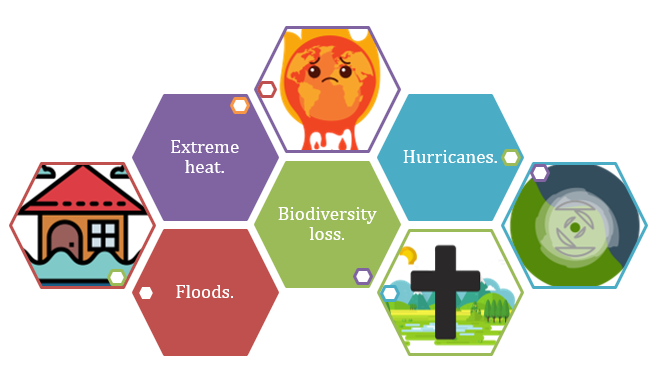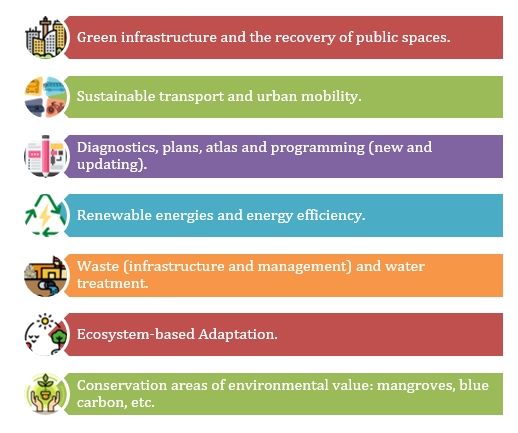More than half of the world’s population lives in cities, and this number is set to increase to more than two thirds by 2030. Cities are responsible for approximately 70% of greenhouse gas (GHG) emissions.
Climate change requires the implementation of actions on a local level since global agreements are not enough in this fight. Thus, mainstreaming climate change and urban planning will promote a transition to neutral cities adapted to climate impacts, as well as contributing to compliance with the Paris Agreement and the 2030 Agenda.
For these reasons, the Ministry of Environment and Natural Resources (SEMARNAT), the Mexican Association of Municipal Planning Institutes (AMIMP), with the support of the Deutsche Gesellschaft für Internationale Zusammenarbeit (GIZ) GmbH through the Mexican-German Climate Change Alliance project, launched an online survey from April 20 to May 29, 2020.

The results of the survey “Climate Change and its Impacts on Municipal Planning” were presented on June 8, 2020. The survey collected information from 35 Municipal Planning Institutes (IMPLANES) located in different parts of the country, thus realizing a complete view of the entire territory. The main climate risks detected in the areas of incidence are:

Furthermore, it was possible to identify 95 projects that are in different stages of implementation in the urban-rural sector, the main themes being:

It is important to note that despite the barriers faced by IMPLANES (for example, a lack of budget and the change of priorities in the administration), they have managed to make gradual progress in the implementation of their projects, with positive impacts in environmental, economic, and social aspects.

Finally, they have detected their initiatives’ contributions to the fulfillment of the Sustainable Development Goals, especially SDG 11. Sustainable Cities and Communities, 13. Climate Action and 3. Well-being and Health.
The next step is mapping and working with different actors to allow for articulation between sub-national governments through the exchange of experiences. To facilitate this, monthly webinars and Digital Support Groups for Climate Action (GAAD) are being held bi-monthly from June to February 2021.
You can download the presentation and the webinar review to see the results in detail (in Spanish)!
